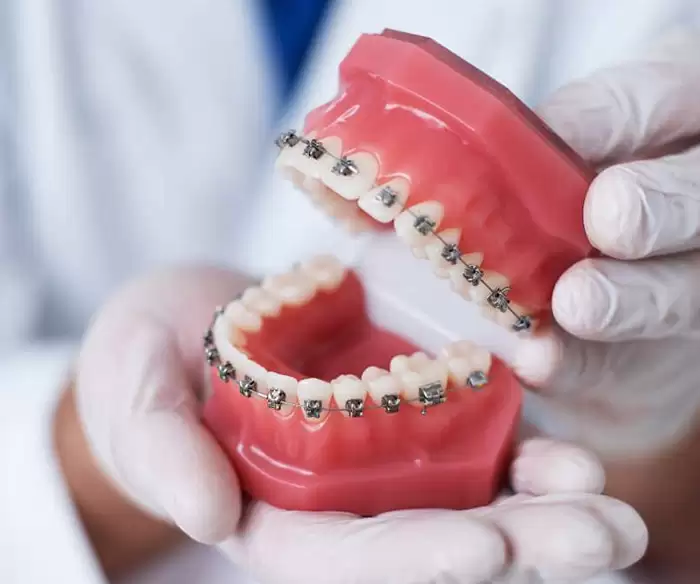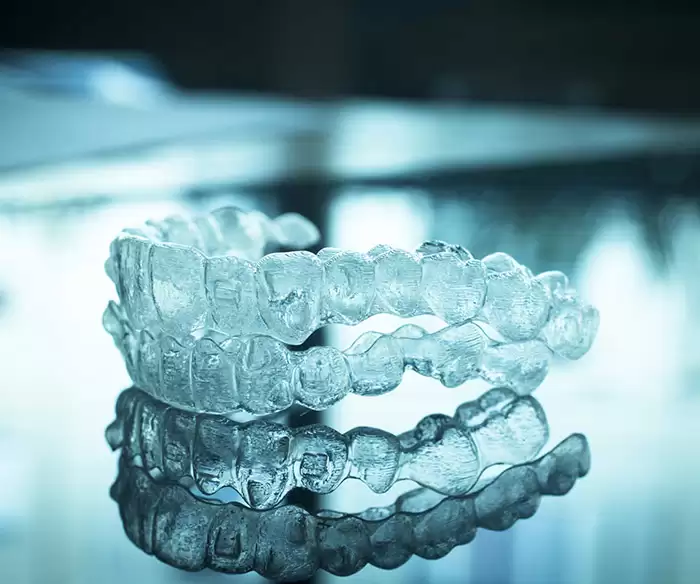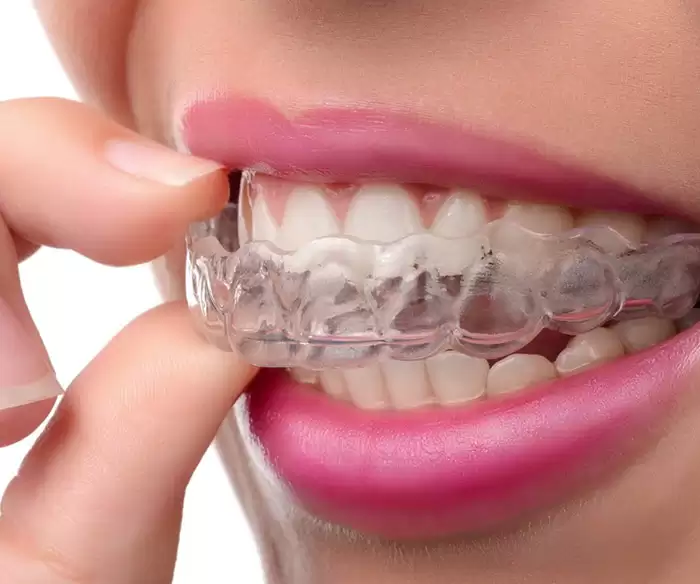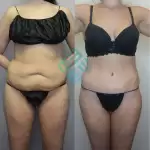Office Address
Veliefendi, Prof. Dr. Turan Güneş Cd. no:107, 34025 Zeytinburnu/İstanbul
Phone Number
(0212) 890 50 54
Email Address
info@ehtclinic.com
Orthodontics in Turkey
Who does not want a beautiful smile with properly aligned teeth? A person's teeth represent a significant percentage of their appearance. However, nobody is born with teeth that are naturally perfectly aligned. Thanks to orthodontics, where braces are used, everyone can have a perfect smile.
Make Your Request

Orthodontics Treatment in Turkey
The procedure used to straighten crooked teeth is called orthodontics. To position the teeth optimally for an aesthetically pleasing smile, they may need to be straightened or relocated. Different patients will respond differently to various orthodontic procedures. Crooked teeth can be straightened using fixed braces, lingual fixed braces, Invisalign, or removable retainers. Additionally, deep bites, bad bites, or bites that cause long-term oral and dental problems are treated by orthodontics.
Braces in Turkey
Braces are associated mostly with children. However, adults can also wear braces to have aligned teeth. If you want to have braces in Turkey, the first thing you should do is to book a consultation. In the consultation process, you will be informed about all stages of the treatment. After that, your treatment begins. When your orthodontic treatment is done, post-treatment phase starts and your medical team provides you the necessary information about how to move forward following the treatment.
How Long Should I Wear Braces?
The severity of tooth misalignment determines how long therapy with braces will last for each patient. The minimum and longest periods are typically six months and thirty months, respectively. However, depending on the individual's growth and the seriousness of the issue, braces may need to be worn for up to three years. Additionally, the patient's cooperation is necessary, including upholding proper dental hygiene, abstaining from unhealthy foods, and attending all dentist visits.

Who Should Wear Braces?
- If you suffer from jaw and tooth problems brought on by long-term pacifier use, pencil biting, or finger sucking,
- If you have irregularities in the jaws' connection to one another (forward or backwardness of the jaw),
- If you have issues with chin stenosis,
- If you have misaligned teeth, you should wear braces.
Can Adults Wear Braces?
Yes. Adult patients can also wear braces at any age as long as they have healthy teeth. However, doctors do not recommend women who are last period of pregnancy wear braces.
Aftercare for Braces
- Once you have braces, it is essential that you brush your teeth regularly. This will clear out any food particles that may be lodged in your brace. Use an interdental brush if your toothbrush didn't completely get rid of all food debris. It is perfect for cleaning out little areas that your toothbrush can't reach.
- By frequently making sure all food and plaque are removed, you may maintain good oral hygiene around your braces and teeth.
- To get between the brace wires and teeth, use floss. It keeps your gums healthy and can help eliminate plaque and food debris.
Types of Braces in Turkey
- Metal Braces:The first form of braces developed for dental treatments were metal braces. Metal braces generally use an alloy of stainless steel. They are therefore quite obvious while receiving treatment.
- Invisalign Braces:Compared to metal braces, invisible braces are less obvious and do not alter your appearance.
- Lingual Braces:Since lingual braces are positioned at the back of your teeth, they appear to be transparent even though they are not. These braces are less expensive than metal braces but are still constructed of stainless steel.
- Ceramic Braces:Another virtually unnoticeable choice for teeth-straightening procedures is ceramic braces. Although the structure of these braces is identical to that of metal braces, the metal braces' appearance is avoided by using clear or tooth-colored brackets.
Is Orthodontics in Turkey Painful?
Braces rarely hurt, but you can have pain and discomfort for up to a week following orthodontic treatment in Turkey. While your teeth, gums, cheeks, and mouth adjust to your new braces, this is happening. The braces will typically need to be tightened at regular intervals, and each time will cause the same discomfort. However, once you get used to it, it stops working.

Brace Price in Turkey
The cost of braces in Turkey is really affordable. In Turkey, you can have orthodontic treatment at a low price. Braces cost at least one-fourth less in Turkey than they do in the United States, Europe, or the United Kingdom. However, low prices do not mean low quality. Due to favorable currency exchange rates and government policies that encourage medical tourism, dental brace costs are low in Turkey. You can enjoy your brand-new smile while having your teeth straightened in a safe place. Besides, Turkey favors domestic production over imports of all goods and products. As a result, many clinics remove all fees typically related to shipping, logistics, and customs from their final price. Moreover, the living cost is low in Turkey which leds the country to have lower service costs.







